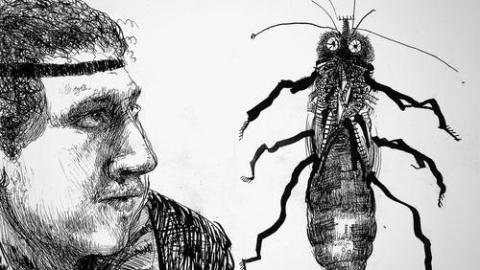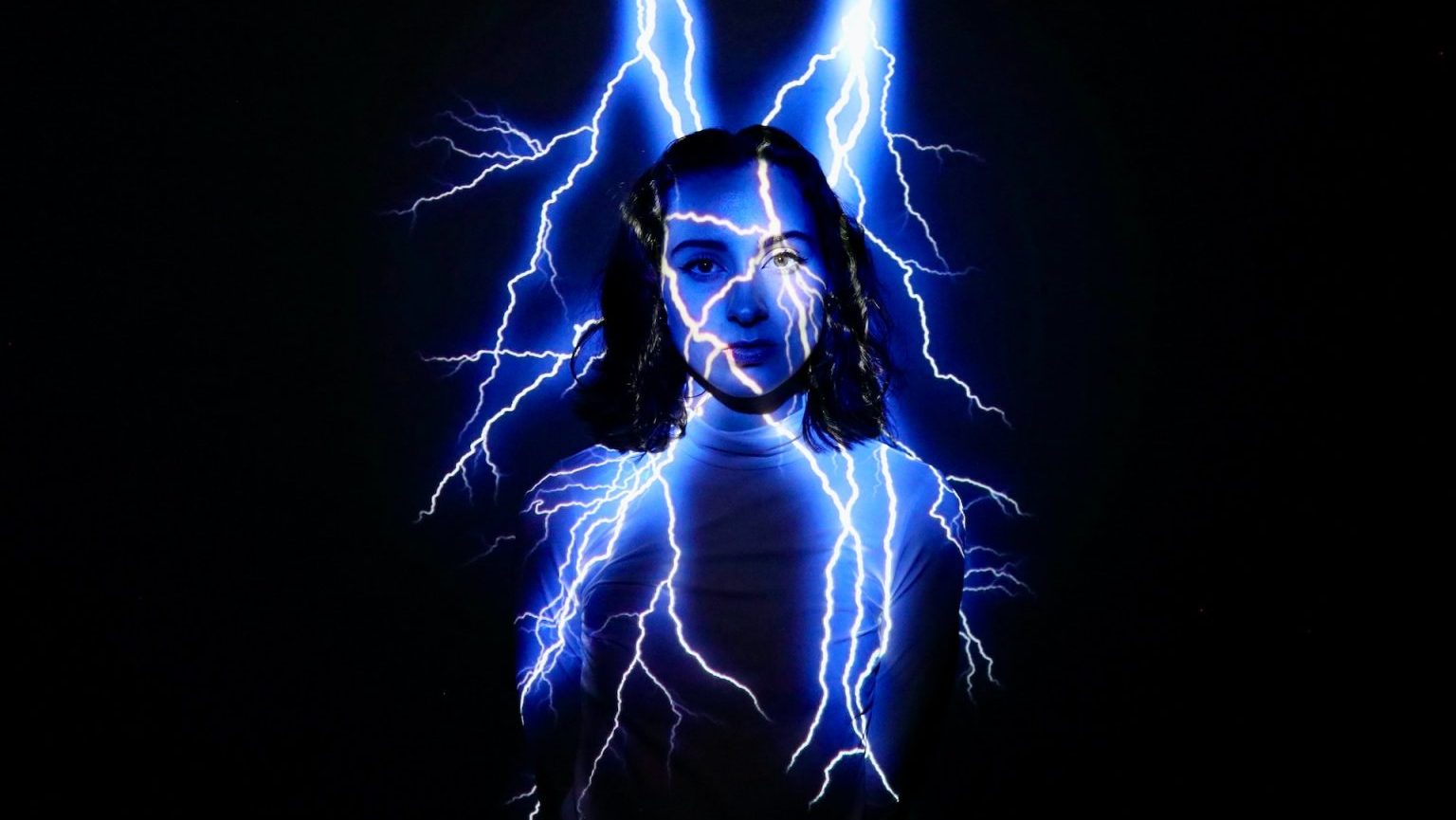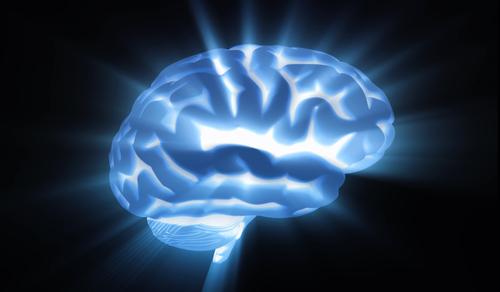How Genius Is Linked to Madness

What’s the Latest Development?
New neurological research supports anecdotal evidence which has long associated genius with mental instability. In a study published in 2010, researchers found that people who excelled at an early age because of high intelligence levels were four times more likely to develop bipolar disorder later in life. “Kay Redfield Jamison, a clinical psychologist and professor at Johns Hopkins University School of Medicine, said the findings of some 20 or 30 scientific studies endorse the notion of the ‘tortured genius.'” Those affected by bipolar disorder exhibit higher levels of creativity as they come out of a depression cycle.
What’s the Big Idea?
The change in brain activity that occurs when a biopolar patient’s mood improves is the same change that occurs in individuals undergoing bouts of creativity. So how does psychosis translate into creativity? Elyn Saks, a mental health law professor at the University of Southern California, explained that because people with psychosis don’t filter stimuli as well as other people, “they’re able to entertain contradictory ideas simultaneously, and become aware of loose associations that most people’s unconscious brains wouldn’t consider worthy of sending to the surface of our consciousness.”
Photo credit: Shutterstock.com





